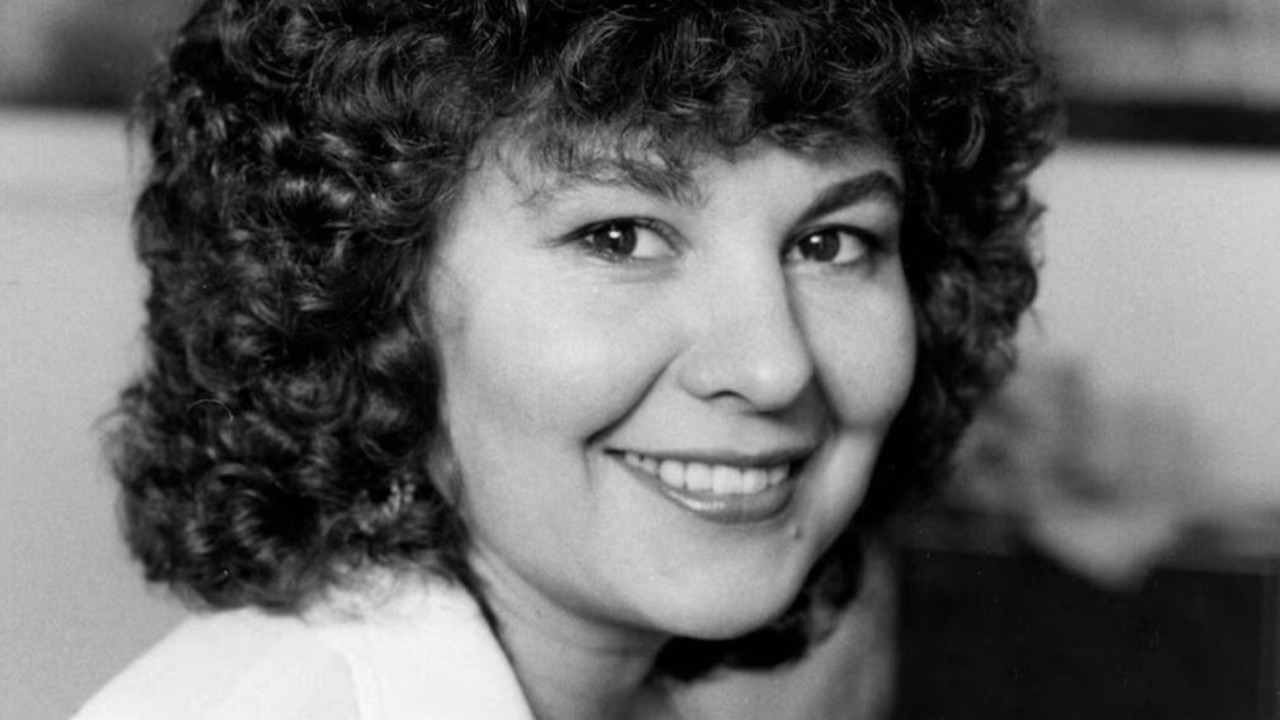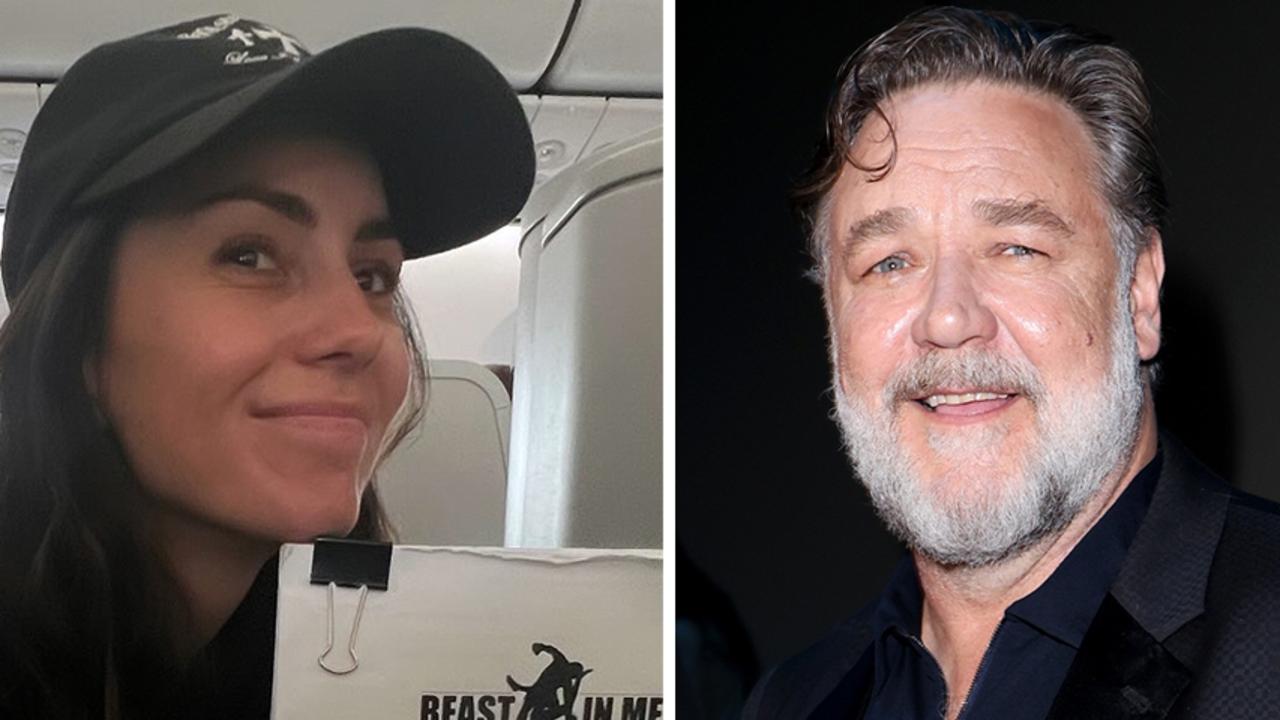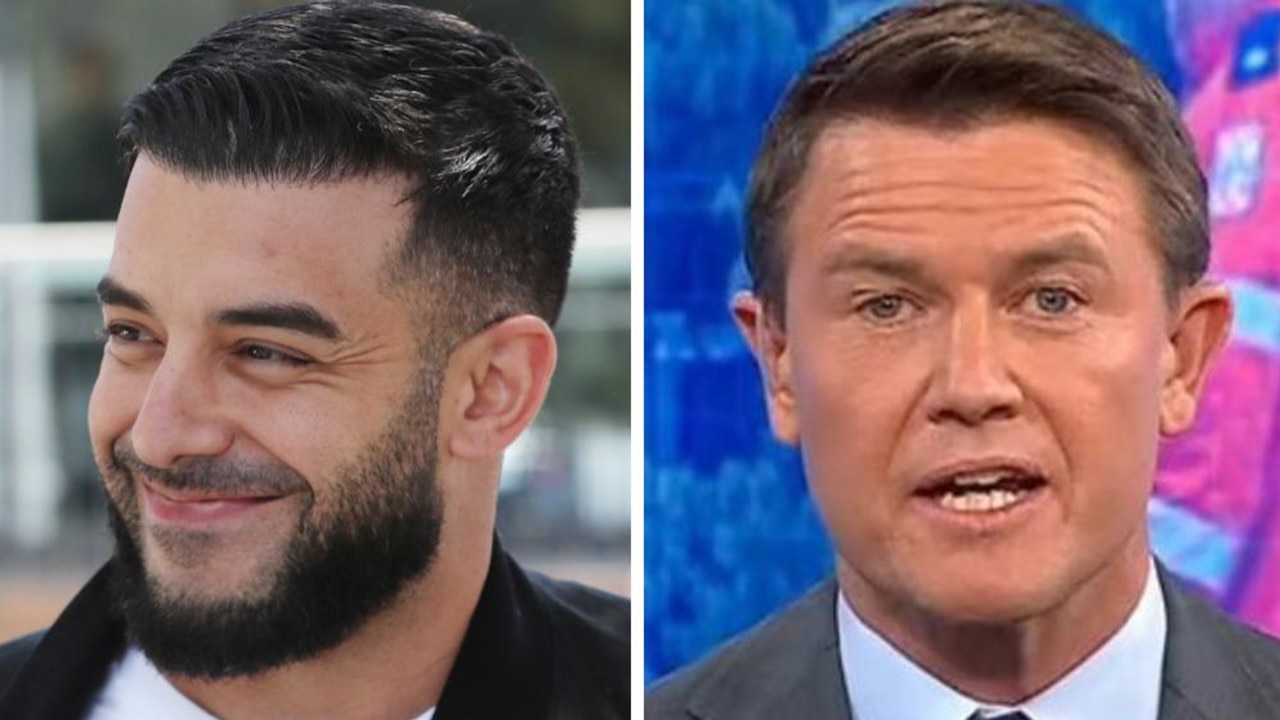‘No case to answer’: Media asks judge to throw out Pell contempt case
The case that could see journalists jailed for reporting on the 2018 verdict against George Pell has not been proved and should be thrown out, lawyers argue.
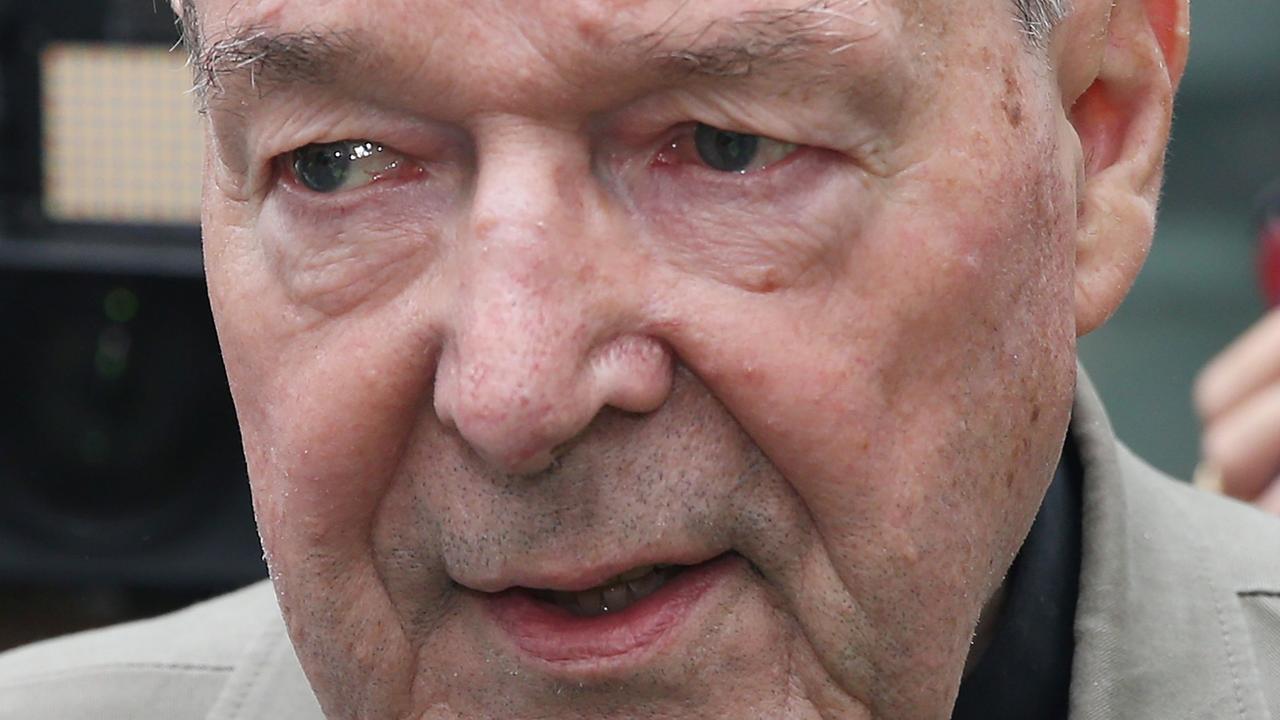
Lawyers acting for the media have asked a judge to throw out a contempt of court case against them over reporting on the trial of Cardinal George Pell.
Matt Collins QC argued in the Supreme Court of Victoria on Friday there was “no case to answer” because the Crown had not provided adequate evidence.
Prosecutors argue Australian media breached a suppression order from County Court chief judge Peter Kidd in December 2018, after a jury found Cardinal Pell guilty of historic child sex offences.
His conviction has since been appealed.
Chief Judge Kidd ordered the trial of Cardinal Pell could not be reported on, because it could impact the jury in a second trial against him — which was later dropped.
No media company named Cardinal Pell nor the child sexual abuse charges the jury found him guilty of — but they did report a high-profile Australian had been convicted of a serious crime, and said that person could not be named because of a court order.
The guilty verdict against Cardinal Pell and the subsequent suppression order was reported in international publications, including online, because they do not have to follow orders from Australian courts.
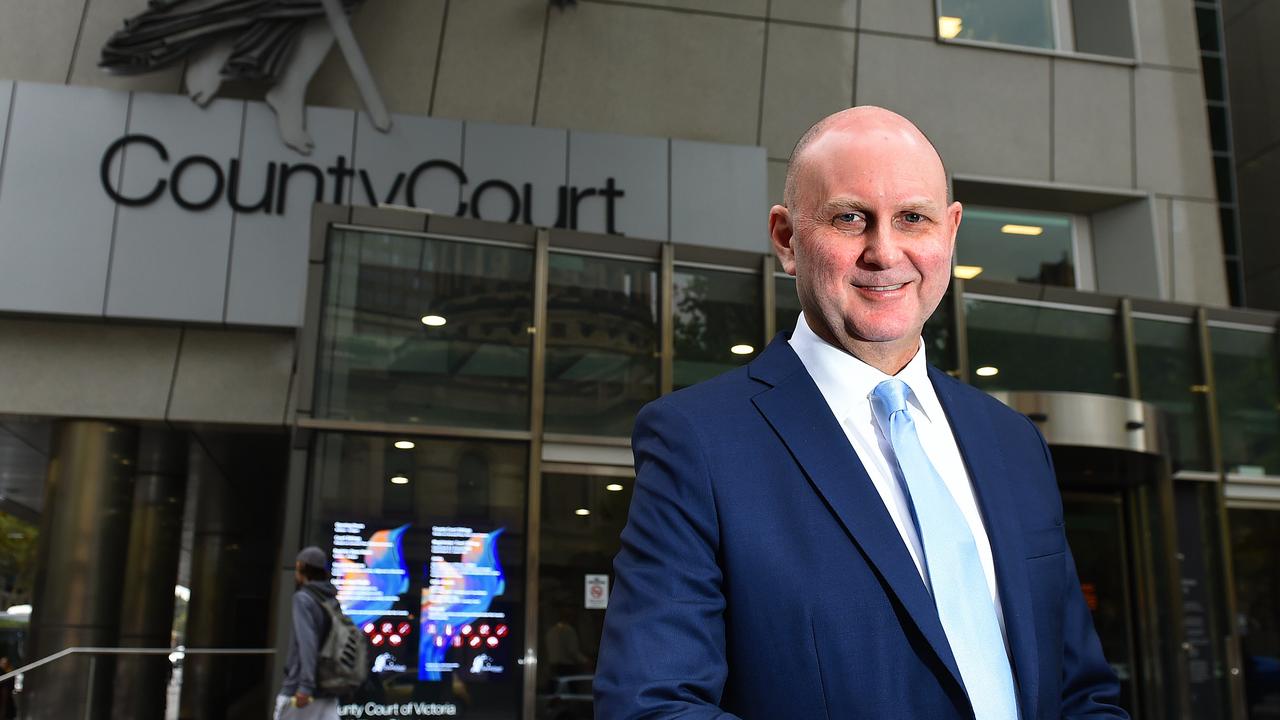
The prosecution case argues Australians could read about what happened through international publications online.
It argues the Australian media reports encouraged readers and viewers to seek out more information on the internet.
The Crown is asking judge John Dixon to declare media breached the suppression order and to convict, imprison, and/or fine the journalists and media organisations.
However, Dr Collins said on Friday the prosecution had not provided evidence any Victorian had viewed an Australian news report about the trial and successfully gone online to discover Cardinal Pell’s name, details about the trial, or guilty verdict.
“These are charges that have to be proven to the criminal standard,” he said.
“There has to be something to connect the publications and broadcasts to the overseas publications.
“The vast majority of (the Australian media reports) do not contain any direct references to overseas media.”
Dr Collins said Crown lawyers had only provided evidence of 12 Google search results as evidence the reporting could have led curious readers to find Cardinal Pell’s name in a foreign news report.
One was four days after the guilty verdict and the rest about two weeks afterwards; eight of the search results did not bring up any relevant results; and the overseas articles that did come up were published after the Australian media reports, he told the court.
“This is a devastating, bazooka-sized hole in the case theory behind all of these charges,” he said.
“If any reader had in fact conducted a search, if they had gone looking for overseas articles, they certainly wouldn’t have found the ones that the Crown relies upon, because they didn’t exist at that time.”
He also told the court the Crown had not provided evidence the charged journalists were publishers, or if their editors and organisations were the ones responsible for the publication of the stories.
“Mere authorship does not establish publication,” he said.
“It’s the same for all of the journalists: there’s no case for them to answer.”
He argued charges against 2GB specifically should be thrown out because the relevant 45-second long radio story aired in Sydney, and a “vanishingly small” number of 68 downloads of the audio were from Victoria.
Reporting on the trial by Australian media included a News Corp article headlined “Nation’s biggest story: The story we can’t report”.
The article called the court order “an archaic curb on freedom of the press in the currently digitally connected world”.
“We believe that you have the right to know this story now and without any further delay,” it said.
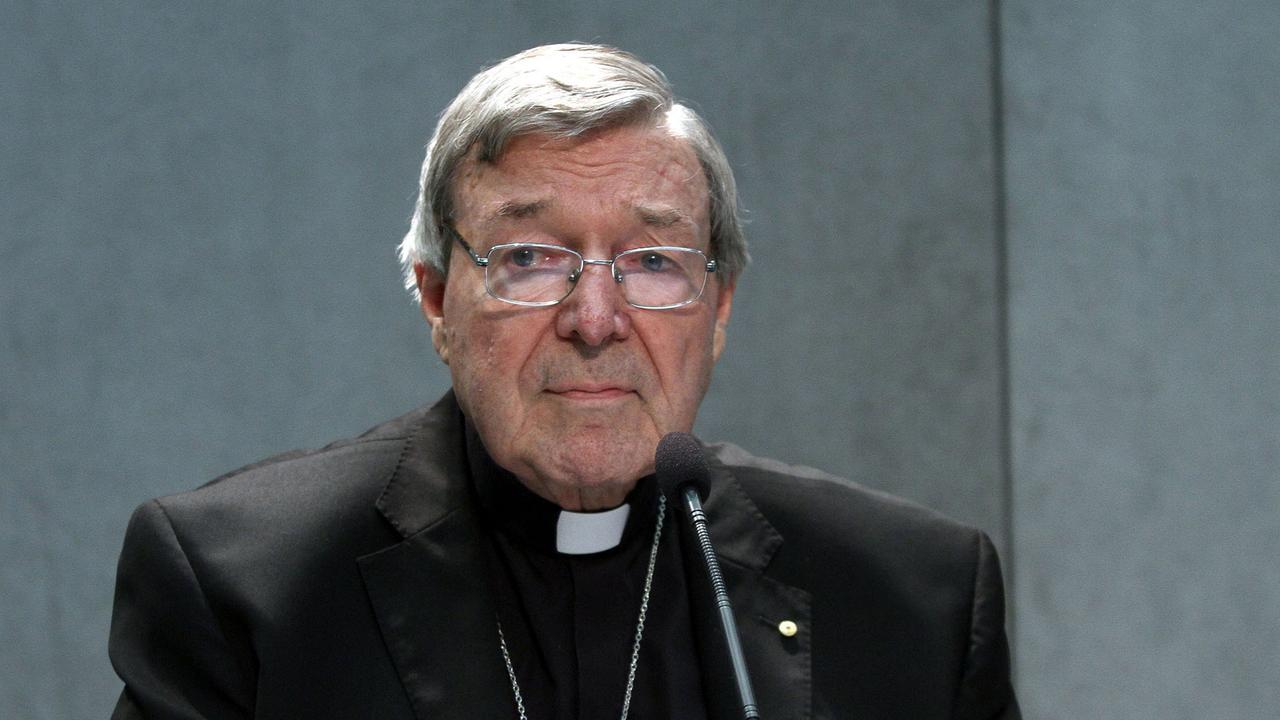
Media companies named in the suit include News Corp — the publisher of this website as well as the Herald Sun, The Daily Telegraph and other newspapers — as well as The Age and The Sydney Morning Herald, Channel 9, The Australian Financial Review, 2GB radio, Mamamia, and Business Insider, and individual journalists and editors.
Prosecutor Lisa de Ferrari SC on Friday denied the case was founded on “a narrow point”, arguing “despite the valiant attempt” of Dr Collins, the state had argued media breached the suppression order in more than one way.
She will further address Dr Collins’ argument when the trial resumes on Monday.
Cardinal Pell’s conviction of child sexual abuse was overturned by the High Court in April and he has returned to the Vatican in Rome, the global centre of Catholicism.
The trial continues.

